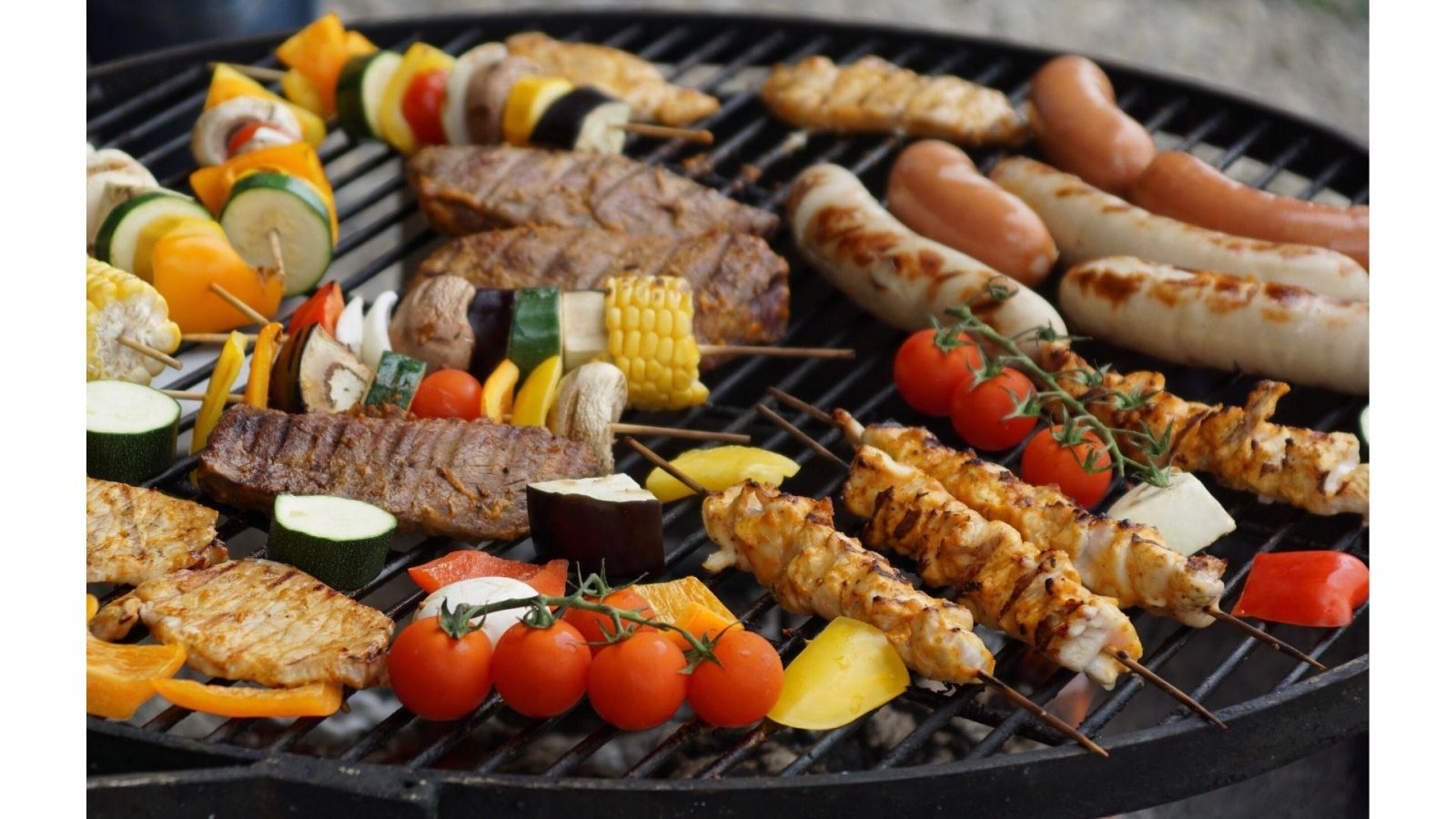
To everything there is a season… And this year, despite COVID-19, summer 2020 is certain to arrive! Summer in New York City is a time for ocean visits, family picnics, sprinklers, stoop-sitting, and of course barbecues. While this year will certainly require modifications to these seasonal favorites – don’t forget social distancing! – they need not vanish altogether, especially the beloved barbecue.
Fire It UP
Barbecues allow you to vary cooking and dining routines and, very often, the cook itself. That’s part of what makes them so endearing and essential in good times and bad. Yet like so many other lifestyle choices, barbecues can be healthy – or not – depending on some key factors. The types of foods you choose, how it’s prepared, and how it’s handled and stored all determine how good our barbecue rates in terms of health risks. But do not despair because decreasing the health risks does not mean sacrificing any of the fun!
High-fat foods and high temperatures used to cook them can lead to chemical changes that cause lots of sizzle, smoke, and charring that create the burnt coating often associated with barbecued foods. But these chemical changes are shown to increase the risks of cancer. Decreasing the amount of time the food cooks on the grill is a key strategy to combat this effect.
Here are some suggestions:
- Choose leaner proteins such as fish or plant-based proteins instead of fatty meats.
- Pre-cook chicken and pork and then add it to the grill at the end to finish it off.
- Cut meat into smaller pieces and skewer it, alternating with veggies for a delicious kabob.
- Marinate meats for at least 30-minutes to create a seal reducing the number of chemical changes.
Choosing Sides
The foods that surround the protein on your plate are equally as important. If macaroni salad, potato salad, pork and beans, potato chips, and butter-soaked corn cobs are considered barbecue basics, it’s time to reconsider. These foods have lots of added fat and healthier versions of these classics are available by omitting and/or reducing the mayo and butter.
Try opting for recipes of these favorites that instead use:
- Vinegars
- Low-sodium broths
- Olive or avocado oils
- Reduced-fat plain yogurts
Also, consider the amount of bread on your plate. Instead of putting all the meats on a roll or bun, plan for only one slice, or none. And when choosing bread and other grains, make them whole grain to get the fiber and minerals. If a barbecue is one of the few times a year that you have a hot-dog and sausage, then go ahead and enjoy it! However, if you eat these foods four or more times a month you may seriously want to consider cutting down, as they are associated with increased cancer risks and their high sodium content makes them dangerous for those with high-blood pressure.
Safety Matters
What you drink at the barbecue also matters. Choosing drinks without added sweeteners is always the best choice. Add lemon and other fruits to cold sparkling water to create a thirst-quenching drink. Consuming alcohol in hot weather and while near an open fire can be a dangerous combination. So, don’t grill while intoxicated.
Finally, remember that the same food-safety rules apply to the barbecue as they do in the kitchen. Keep raw foods and the utensils used for them separate from cooked foods and be mindful of the correct temperature for raw and cooked foods to ensure that this barbecue season is memorable for all the right reasons.
By Helene Rosenhouse-Romeo, RD, CDN, CLC, MPH Director of Ryan Health WIC Program and Nutrition